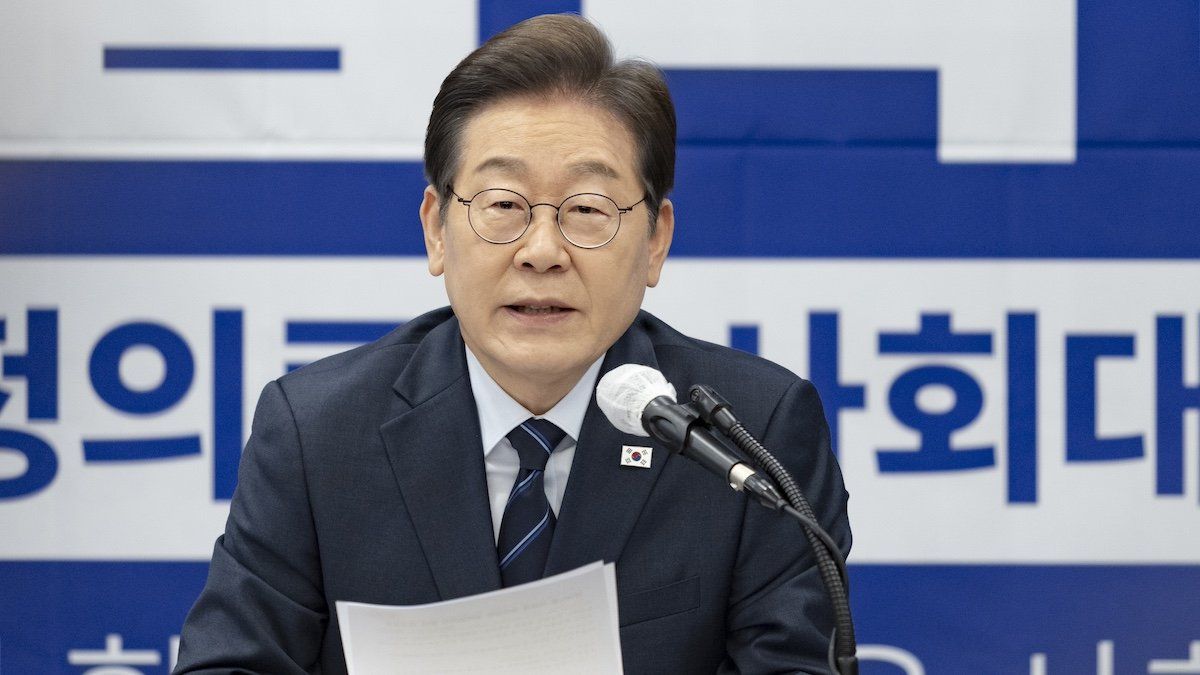South Korean opposition leader Lee Jae-myung had a rough day on Thursday. The Supreme Court sent the election law case against him back to a lower court, a move that could extend the country’s political chaos. Lee is the favorite to win the June 3 election, but he could be ousted from office if the court rules against him weeks, months, or even years down the line.
The legal circumstances are murky. If elected, Lee might claim that he’s constitutionally protected from prosecution. But the constitution only gives the sitting president immunity against indictment for crimes — other than treason, as impeached former President Yoon Suk-yeol knows all too well. Lee has already been indicted, setting up a contentious debate if the courts rule against him, according to Eurasia Group’s Jeremy Chan.
“The conservatives will be saying that he clearly committed this crime and was charged before he became president, and the punishment is that he’s not allowed to seek public office, which would invalidate this whole election,” says Chan. “The left will be saying that the highest law in the land says very specifically that the president should be immune from these types of charges, and should focus on governing.”
The conservative ruling party is still reeling from Yoon’s impeachment after his quixotic attempt at a military coup in December. Nonetheless, acting President Han Duck-soo resigned on Thursday to make way for his own bid for the top job, despite grim polling numbers. The Joong Ang Daily, a conservative paper, found 42% of voters are leaning toward Lee, while only 13% back Han.
Then again, given the sword of Damocles hanging over Lee, Han might be willing to roll the dice.
